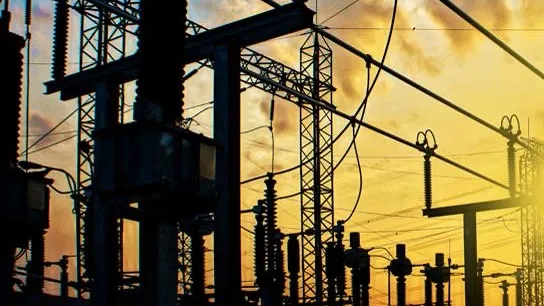
Corporates play bigger role in APAC’s net-zero transition
The region procured 10.9GW of cumulative capacity in H1 2021.
Corporate renewables power purchase agreements (PPA) are on the rise and starting to play a bigger role in Asia Pacific’s decarbonisation efforts, according to a report from Wood Mackenzie.
Wood Mackenzie Senior Analyst Rishab Shrestha noted that the region is starting to play a bigger role with 10.9 gigawatts (GW) of cumulative capacity procured until the first half of 2021.
Corporate renewable volume procurement in the region also more than doubled to 3.8GW in 2020 compared to 2019 despite project delays from labour shortages and logistic disruptions from the pandemic.
“Demand for renewable procurement is largely driven by ambitious decarbonisation targets set by governments and companies in the region. But more importantly, falling renewables premium and rising power tariffs in the Asia Pacific are making corporate renewable PPAs more attractive,” said Shrestha.
Renewables premium has also fallen across all markets in the Asia Pacific and is expected to be 45% below power tariffs on average by 2025. Wheeling and transmission charges will offset some of these gains, but the discount is expected to remain above 30% by 2025.
Currently, India, Australia, and Taiwan are leading Asia Pacific’s corporate renewable procurement market, with a cumulative procurement capacity of 5.2GW, 3.2GW, and 1.3GW, respectively. Singapore and Japan are also expected to join the ranks but are hindered by limited land availability for renewable projects and focusing on onsite projects.
Meanwhile, due to the high energy demand of the electronics manufacturing and mining industries, the industrial sector led the procurement of renewables with a 57% share of PPAs contracted in 2020. The retail and services sector followed the list accounting for 25.4% share whilst the technology sector make up 16.9% share, with energy procured primarily directed towards powering data centres.
With ambitious carbon neutrality targets and corporate emission reduction obligations, Asia Pacific businesses are now increasingly pressuring regulatory bodies to ease corporate procurement regulations towards offsite generation projects offering larger capacities.








![Cross Domain [Manu + SBR + ABF + ABR + FMCG + HBR + ]](https://cmg-qa.s3.ap-southeast-1.amazonaws.com/s3fs-public/styles/exclusive_featured_article/public/2025-01/earth-3537401_1920_4.jpg.webp?itok=WaRpTJwE)
![Cross Domain [SBR + ABR]](https://cmg-qa.s3.ap-southeast-1.amazonaws.com/s3fs-public/styles/exclusive_featured_article/public/2025-01/pexels-jahoo-867092-2_1.jpg.webp?itok=o7MUL1oO)









 Advertise
Advertise


